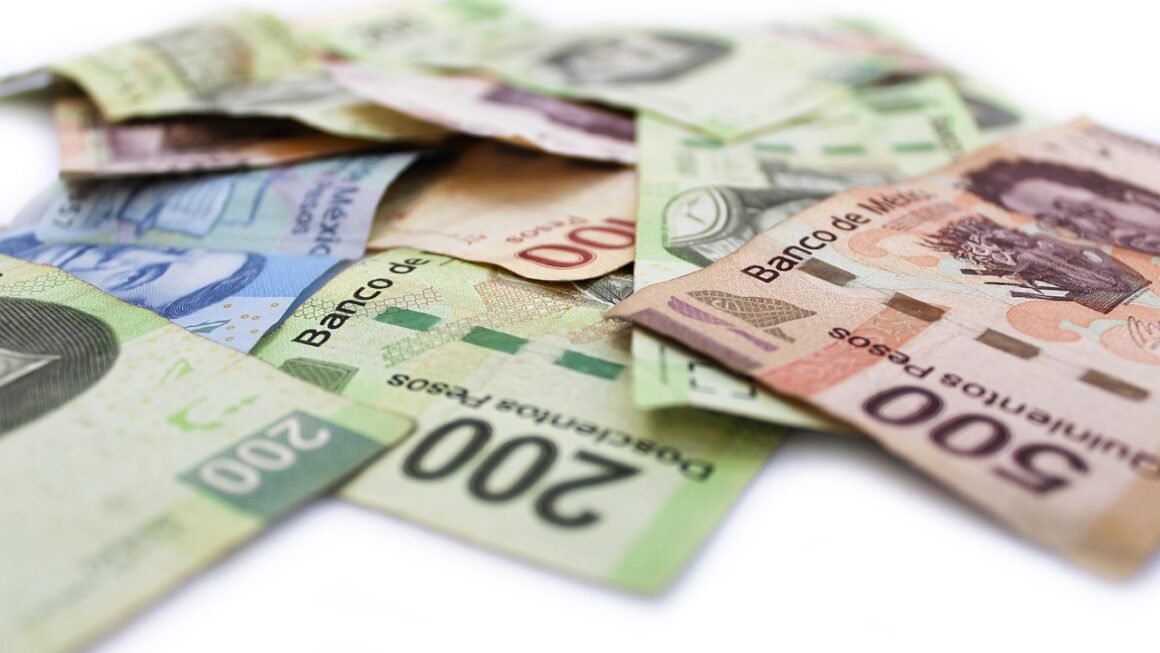Unlock the power of credit cards and navigate the world of rewards, interest rates, and responsible spending. Credit cards can be powerful financial tools if used correctly, offering convenience, security, and opportunities to build credit. However, they can also lead to debt and financial strain if mishandled. This comprehensive guide will delve into the essential aspects of credit cards, helping you make informed decisions and maximize their benefits.
Understanding Credit Cards: The Basics
What is a Credit Card?
A credit card is a plastic card that allows you to borrow money from a lender (usually a bank or credit union) to make purchases. Instead of using your own money directly, you’re essentially borrowing with the understanding that you’ll repay the borrowed amount, plus any interest and fees, according to the card’s terms. Think of it as a short-term loan that renews itself each month when you make a payment.
- Borrow money to make purchases.
- Repay the borrowed amount, plus interest and fees.
- Revolving line of credit that renews each month.
How Credit Cards Work
When you use your credit card, you’re increasing your available balance (the amount you owe). At the end of each billing cycle (usually a month), you’ll receive a statement detailing your transactions, the minimum payment due, and the total amount owed. You can choose to pay the full balance, a portion of it, or just the minimum payment. However, if you don’t pay the full balance, you’ll be charged interest on the remaining balance.
Example: Suppose you spend $500 on your credit card in a month. Your statement arrives, showing a $500 balance and a minimum payment of $25. If you only pay $25, you’ll be charged interest on the remaining $475. This interest is calculated based on your Annual Percentage Rate (APR).
Key Credit Card Terms
Understanding these terms is crucial for responsible credit card use:
- APR (Annual Percentage Rate): The annual interest rate charged on your outstanding balance. It’s crucial to compare APRs when choosing a credit card.
- Credit Limit: The maximum amount you can charge on your card.
- Minimum Payment: The smallest amount you must pay each month to avoid late fees and damage to your credit score. Paying only the minimum will result in high interest charges.
- Grace Period: The period between the end of your billing cycle and the date your payment is due. If you pay your balance in full during this time, you won’t be charged interest.
- Fees: Credit cards can have various fees, including annual fees, late payment fees, over-the-limit fees, and cash advance fees. Always review the fee schedule before applying for a card.
Choosing the Right Credit Card
Assessing Your Needs
The best credit card for you depends on your individual financial situation and spending habits. Ask yourself these questions:
- What is my credit score? Your credit score will significantly impact the types of cards you qualify for. A higher credit score usually unlocks cards with better rewards and lower APRs.
- What are my spending habits? Do you spend more on travel, dining, groceries, or gas? Choose a card that offers rewards in your most frequently used categories.
- Do I carry a balance? If you tend to carry a balance, prioritize a card with a low APR.
- Do I want rewards or cashback? Many credit cards offer rewards points, miles, or cashback on purchases.
- Do I need a balance transfer option? If you have existing credit card debt, a balance transfer card with a 0% introductory APR could save you money.
Types of Credit Cards
- Rewards Cards: Offer points, miles, or cashback on purchases. Examples: Chase Sapphire Preferred (travel rewards), Discover it Cash Back (rotating cashback categories).
- Cashback Cards: Provide a percentage of your spending back as cash. Examples: Citi Double Cash Card (2% cashback on all purchases), Capital One Quicksilver Cash Rewards Credit Card (1.5% cashback on all purchases).
- Travel Cards: Offer rewards specifically geared towards travel, such as airline miles and hotel points.
- Balance Transfer Cards: Allow you to transfer existing credit card debt to a new card with a lower interest rate, often with a 0% introductory APR period. Example: Discover it Balance Transfer.
- Secured Credit Cards: Require a cash deposit as collateral and are designed for individuals with limited or poor credit history.
- Student Credit Cards: Designed for college students with limited credit history.
Comparing Credit Card Offers
Before applying, carefully compare different credit card offers. Pay attention to:
- APR: The interest rate charged on balances.
- Rewards: The type and value of rewards offered.
- Fees: Annual fees, late payment fees, and other fees.
- Introductory Offers: Special promotions like 0% introductory APR periods or sign-up bonuses.
- Terms and Conditions: Read the fine print to understand all the details of the card agreement.
Building and Maintaining Good Credit
The Importance of Credit Scores
Your credit score is a numerical representation of your creditworthiness. It’s used by lenders to assess the risk of lending you money. A good credit score can help you:
- Qualify for loans with lower interest rates.
- Get approved for credit cards with better rewards.
- Rent an apartment.
- Get a job.
- Lower insurance premiums.
Factors Affecting Your Credit Score
The most important factors that influence your credit score include:
- Payment History (35%): Paying your bills on time is the most important factor.
- Amounts Owed (30%): The amount of debt you owe compared to your credit limits (credit utilization ratio). Keep your credit utilization below 30%.
- Length of Credit History (15%): The longer you’ve had credit accounts, the better.
- Credit Mix (10%): Having a mix of different types of credit accounts (e.g., credit cards, loans) can improve your score.
- New Credit (10%): Opening too many new credit accounts in a short period can lower your score.
Tips for Building Credit
- Pay your bills on time, every time. Set up automatic payments to avoid missed payments.
- Keep your credit utilization low. Ideally, keep your balance below 30% of your credit limit. For example, if you have a $1000 credit limit, try to keep your balance below $300.
- Don’t open too many new accounts at once.
- Review your credit report regularly. Check for errors and dispute any inaccuracies. You can get a free copy of your credit report from each of the three major credit bureaus (Equifax, Experian, and TransUnion) at AnnualCreditReport.com.
- Consider becoming an authorized user on someone else’s credit card. If the primary cardholder has good credit habits, their positive payment history can help build your credit.
Managing Credit Card Debt Responsibly
Avoiding Credit Card Debt
- Create a budget and stick to it. Track your income and expenses to understand where your money is going.
- Only spend what you can afford to repay.
- Avoid impulse purchases.
- Use credit cards for planned purchases, not for emergencies. Build an emergency fund instead.
- Treat your credit card like cash. Would you buy that item if you had to pay cash?
Strategies for Paying Down Debt
- Pay more than the minimum payment. Even a small increase can significantly reduce the amount of interest you pay and the time it takes to pay off your debt.
- Use the snowball method. Pay off the smallest debt first to gain momentum.
- Use the avalanche method. Pay off the debt with the highest interest rate first to save money on interest charges.
- Consider a balance transfer. Transferring your balance to a card with a lower APR can save you money on interest.
- Seek professional help. If you’re struggling to manage your debt, consider contacting a credit counseling agency.
Recognizing and Avoiding Common Pitfalls
- Overspending: Easy to do when you don’t see the money leaving your account.
- Only making minimum payments: Leads to high-interest accumulation and extended repayment periods.
- Late payments: Damages credit score and incurs late fees.
- Cash advances: Typically have high fees and interest rates. Avoid them if possible.
- Ignoring credit card statements: Leads to missed opportunities to identify errors or fraudulent activity.
Conclusion
Credit cards, when used responsibly, can be valuable tools for managing finances, building credit, and earning rewards. Understanding the terms, choosing the right card for your needs, and practicing responsible spending habits are essential for avoiding debt and maximizing the benefits of credit cards. By following the tips and strategies outlined in this guide, you can harness the power of credit cards to achieve your financial goals.


